
Eat cloves every day, but avoid this common mistake!

Today, we’re diving into the fascinating world of a humble yet powerful spice — clove. For centuries, this small, aromatic bud has been valued in both traditional and modern medicine. It’s known to ease pain, support heart health, and fight inflammation. But as with many natural remedies, the line between healing and harm depends on how it’s used.
When used correctly, cloves can become one of the most helpful plants in your kitchen. Used carelessly, however, they can stress your liver, irritate your digestive system, or even interfere with medications. Understanding the right way to handle and consume cloves allows you to unlock their full potential — safely.
⚠️ Mistake #1: Confusing Numbness with an Allergy
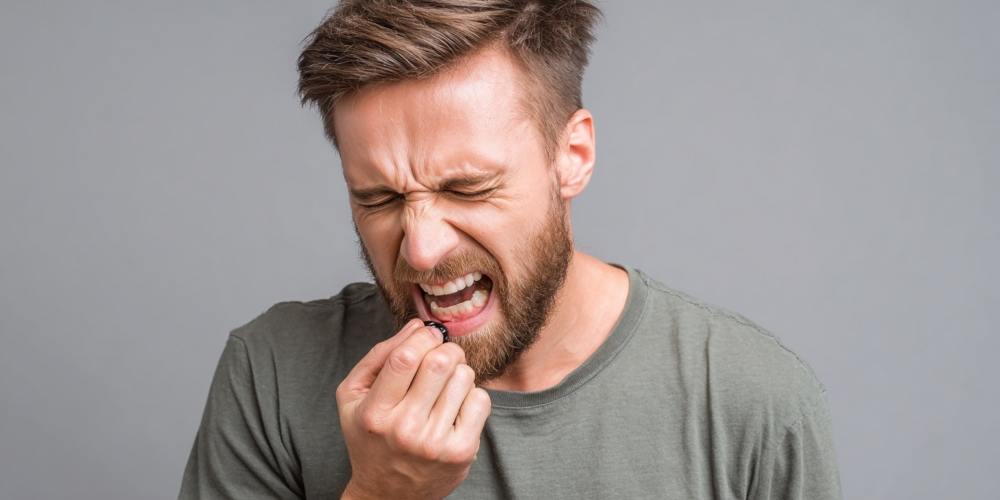
One of the most common reasons people stop using cloves is misunderstanding what happens when they first try them. Many first-time users chew a whole clove for a toothache, as they’ve heard it can relieve pain. Within seconds, their tongue or gums go numb — and panic sets in. “Am I allergic?” they wonder, quickly spitting it out.
But here’s what’s really happening: clove contains eugenol, its main active compound. Eugenol naturally numbs nerve endings by blocking pain signals — a property so effective that dentists use it in certain numbing gels and pastes. That tingling or numbing sensation is completely normal and typically fades within 15–30 minutes.
A true allergy to cloves looks very different. It involves symptoms like swelling of the lips or tongue, hives, or difficulty breathing. The ordinary numbness is just the eugenol at work — proof that the clove is active and effective.
Sadly, this misunderstanding leads many people to throw away an incredibly useful spice. Cloves are one of the cheapest and most accessible anti-inflammatory ingredients available, yet countless people miss out on their benefits due to simple misinformation.
⚠️ Mistake #2: Storing Cloves the Wrong Way
Even the most potent clove will lose its magic if stored carelessly. Eugenol—the compound that gives cloves their healing power—is extremely sensitive to light, heat, and moisture. In just a few months, poorly stored cloves can lose up to half their strength.
To protect your cloves, keep them in a dark, airtight glass or ceramic jar, stored in a cool, dry place—far from your stove, sink, or any sunlight. A pantry or enclosed cabinet is ideal. Whole cloves can stay potent for up to two years if stored well, but ground cloves should be used within six months for best results.
You can tell whether your cloves are still powerful by smell. Fresh cloves have a sharp, spicy aroma that almost tingles in your nose. If they smell weak, flat, or like old wood, their beneficial oils are gone.
In the 15th century, when cloves were so valuable they were traded like gold, merchants carried them in sealed boxes wrapped in cloth to preserve their strength. They understood that freshness meant healing power. Today, because cloves are so common, we’ve forgotten that care — but keeping your spices fresh means keeping their medicine alive.
Remember: a clove without eugenol is like a soldier without a weapon. It may add flavor, but it won’t fight inflammation or protect your cells.
⚠️ Mistake #3: Believing “More Is Better”
Clove’s benefits are real — but so are its limits. The third and most dangerous mistake is assuming that if a little clove helps, then a lot must be even better. This is where the spice can shift from healing to harm.
The threshold for toxicity can be surprisingly low. Consuming 10 whole cloves a day or brewing extremely concentrated clove tea floods your body with eugenol. The first warning signs include burning in your stomach, persistent nausea, or diarrhea — all signals that your body is trying to purge the excess.
The real danger, however, lies in liver overload. The liver is responsible for breaking down eugenol. Small amounts are no problem, but too much overwhelms this vital organ, leading to elevated liver enzymes and, in severe cases, actual liver damage.
So follow this golden rule: with cloves, less truly is more.
Stick to two whole cloves a day or a mild tea made with two or three buds. That’s all your body needs to reap the benefits safely.
⚠️ Mistake #4: Combining Cloves with Diabetes Medication
Cloves are known to lower blood sugar naturally, which is one of their best and most powerful effects. The trouble starts when this natural ability clashes with medication designed to do the same thing.
Eugenol increases insulin sensitivity, helping your cells absorb sugar more efficiently. Think of insulin as a key and your cells as locks — cloves make those locks turn more easily, letting sugar in. This is great news if you’re managing mild insulin resistance, but if you’re already taking medications like metformin, insulin, or glyburide, the combination can make your blood sugar drop too low.
Low blood sugar — or hypoglycemia — can cause dizziness, confusion, shaking, or even fainting. So, if you’re diabetic or pre-diabetic, talk to your doctor before adding cloves to your daily routine. If your doctor approves, monitor your blood sugar closely and adjust your medication if needed. The goal is balance, not doubling up on the same effect.
It’s a classic example of a good thing becoming harmful when not used with awareness.
⚠️ Mistake #5: Using Cloves as a “Cure” for Tooth Problems
Cloves have earned a legendary reputation for relieving tooth pain — and for good reason. Eugenol acts as both a natural anesthetic and antibacterial agent, numbing the nerves and reducing local inflammation. Applying a whole clove or a dab of diluted clove oil on a cotton ball can offer quick, reliable relief.
However, this leads to one of the most common and costly mistakes: treating pain relief as a cure. Cloves can temporarily hide the pain from cavities or infections, but they do not treat the underlying problem.
Dentists often see patients who have been self-treating with cloves for months. What began as a small cavity turns into a severe infection requiring root canal therapy or even extraction. Why? Because cloves mask the pain so well that people think the issue has healed when, in reality, it’s quietly getting worse.
So use cloves wisely — as a temporary solution, not a substitute for dental care. They can bridge the gap until you see a dentist, but they can’t replace professional treatment.
⚠️ Mistake #6: Misusing Clove Essential Oil
Now we come to the most dangerous mistake of all — misusing clove essential oil.
Essential oil is not the same as the spice. It’s a hyper-concentrated extract — one drop of clove oil equals the eugenol content of about 70 whole cloves. That’s a level of potency your body was never designed to handle directly.
Applying undiluted clove oil to the skin can cause chemical burns or irritation that feels like acid. Drinking even a small amount can be catastrophic, leading to acute liver failure because of eugenol toxicity.
Here’s how to use it safely:
-
Never ingest clove essential oil. It is not a food supplement.
-
Always dilute before applying to skin — 1 drop of clove oil in 10 ml of a carrier oil (like coconut, almond, or jojoba) is a safe ratio.
-
Use it externally only — for massages, aromatherapy, or diluted dental applications.
Traditional healers once understood that nature’s remedies are powerful and must be respected. They used the raw form of the plant, not ultra-concentrated extracts. Modern convenience has made us forget that “stronger” doesn’t always mean “better.”
⚠️ Mistake #7: Ignoring Medication Interactions
Finally, one of the most overlooked dangers of cloves is how they interact with medications — especially blood thinners.
Eugenol naturally thins the blood, which helps prevent clots and improves circulation. But if you’re taking drugs like warfarin, aspirin, or clopidogrel, combining them with cloves can make your blood too thin, increasing the risk of bleeding.
The same risk applies before surgery. Surgeons often ask patients to stop aspirin or similar medications in advance to avoid excessive bleeding — but few people mention they’re also using natural remedies like cloves, garlic, or ginkgo biloba.
Your body doesn’t care whether a substance is “natural” or “pharmaceutical.” Chemistry is chemistry, and everything interacts. If you’re on medication, especially for blood pressure, diabetes, or clotting, tell your doctor about every supplement and spice you use regularly. It could prevent serious complications.
The Takeaway: Respect the Power of Nature
Clove is a remarkable gift of nature — a tiny bud packed with flavor, history, and healing power. But it demands respect. Used correctly, it can calm inflammation, balance blood sugar, and soothe pain. Used carelessly, it can strain your liver, upset your digestion, or amplify medication side effects.
So remember these core rules:
-
Numbness isn’t an allergy.
-
Store cloves carefully, away from light and moisture.
-
Don’t overuse them — moderation is key.
-
Check for interactions with your medicines.
-
Treat tooth pain temporarily — not as a cure.
-
Never ingest essential oil.
-
Always inform your doctor about herbal remedies.
Handled with awareness, cloves are not just a spice — they are a bridge between ancient wisdom and modern science.
👉 Next, explore the 5 most powerful benefits of cloves — and learn how to use them the right way for maximum safety and health.
News in the same category


🧠 A Neurosurgeon Says Your Legs Could Predict Dementia Years Before Memory Loss

7 Best Foods to Rebuild Your Muscle Strength After 50

The B Vitamin Solution: How to Lower Blood Pressure When Medications Fail
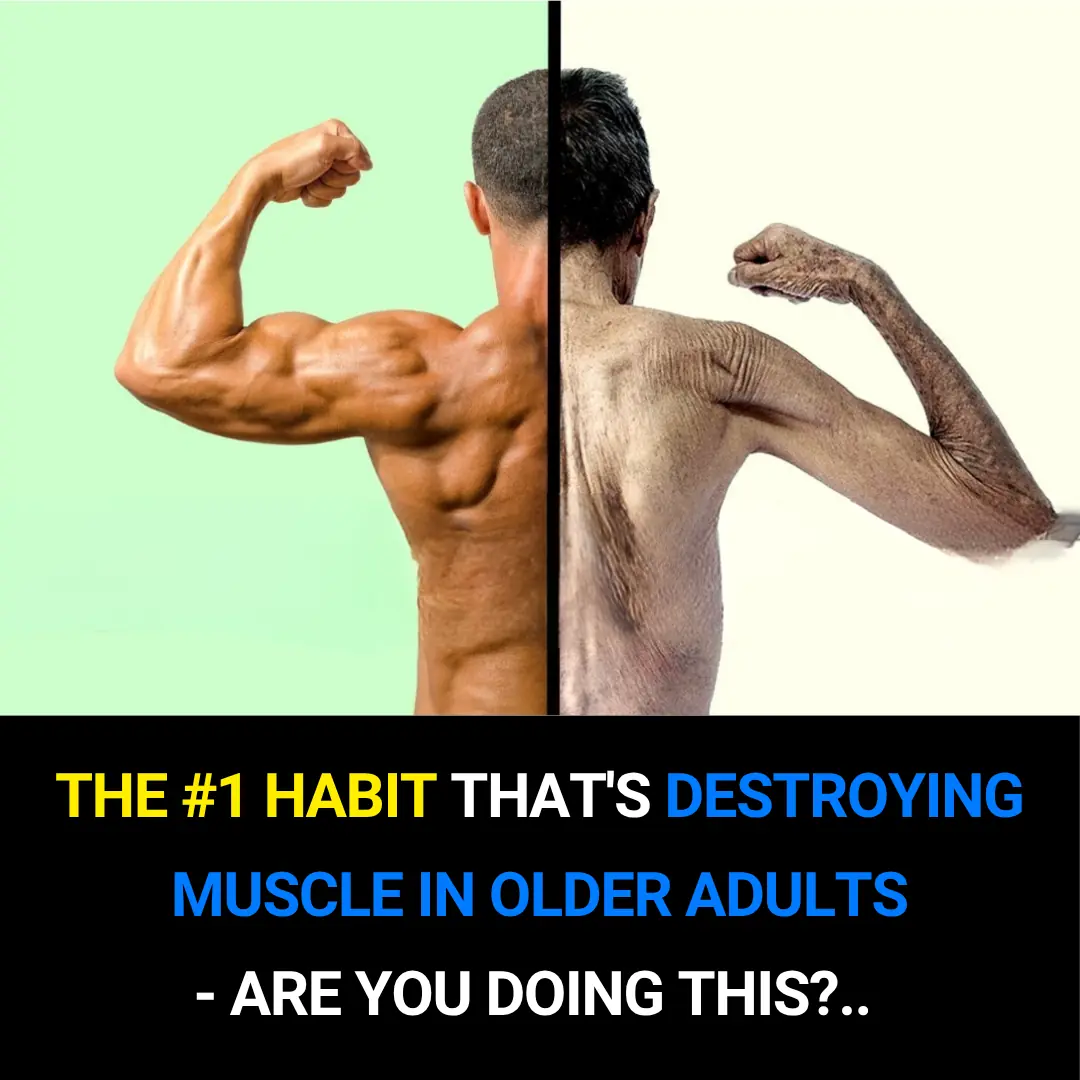
The #1 Habit That’s Quietly Destroying Muscle in Older Adults — Are You Guilty of This?

3 Warning Signs That Appear Days Before a Stroke Everyone Should Know to Prevent It

9 Hidden Causes of Bloating (And the Science-Backed Fixes)

5 Common Habits That Are Secretly Harming Your Heart You Probably Didn’t Know

Eat this to activate 5x more stem cells and repair nerve damage faster — no $20k shot
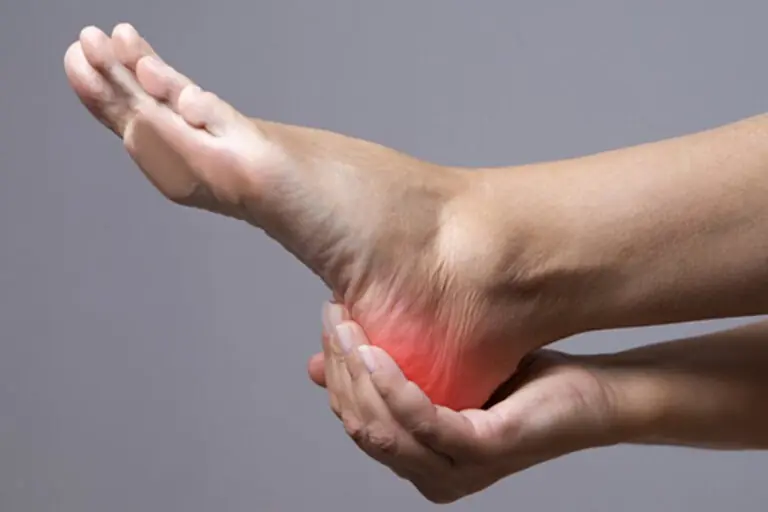
YOUR FEET ARE A 'BLOOD SUGAR METER' BEWARE OF DIABETES IF YOU FREQUENTLY EXPERIENCE THESE 12 SYMPTOMS

The Hidden Consequences of a S*xless Life

Keeping these 4 things on your bedside table can easily cause insomnia and hair loss
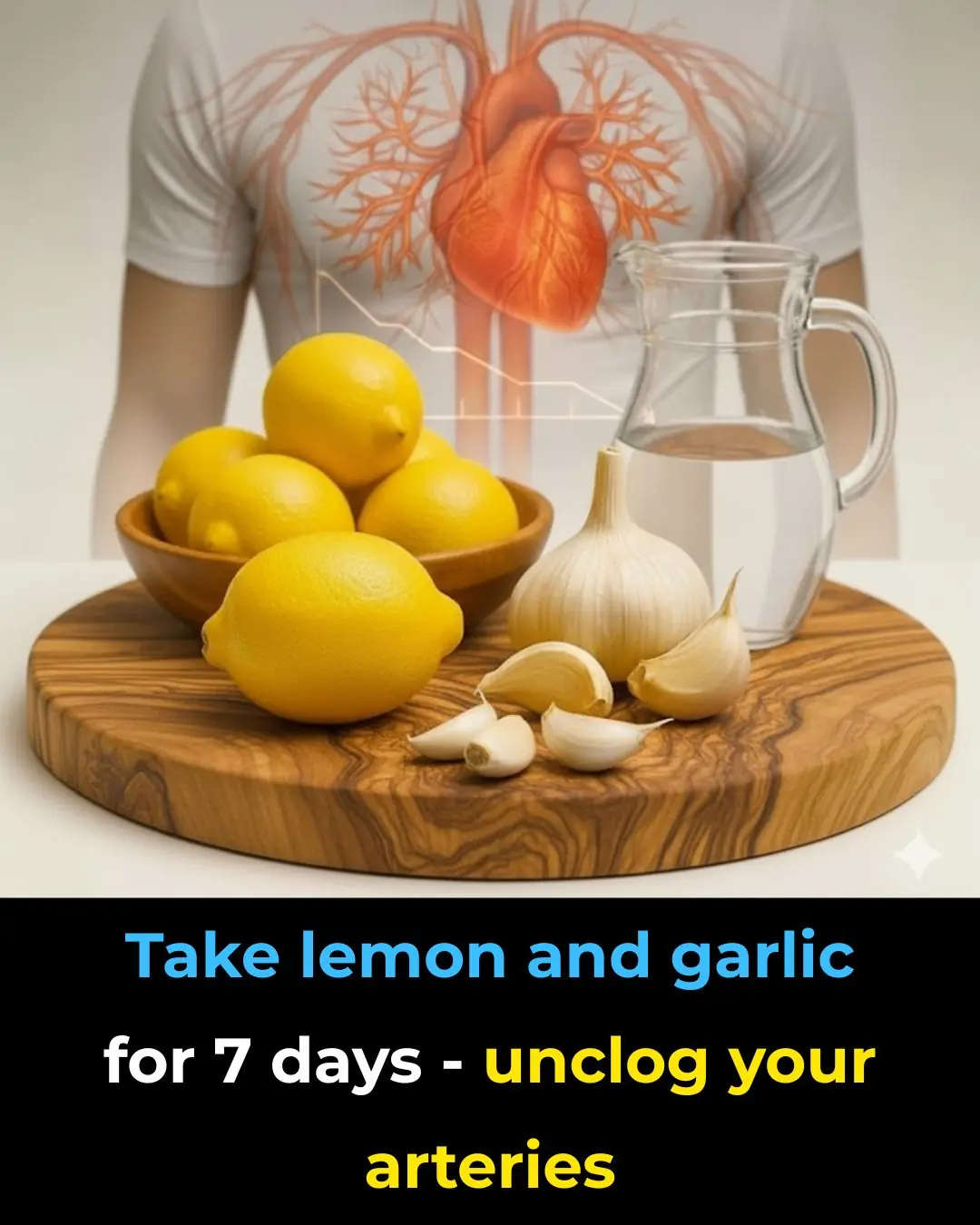
Take lemon and garlic on an empty stomach for 7 days — unclog your arteries

Put these two under your tongue to stop inflammation fast
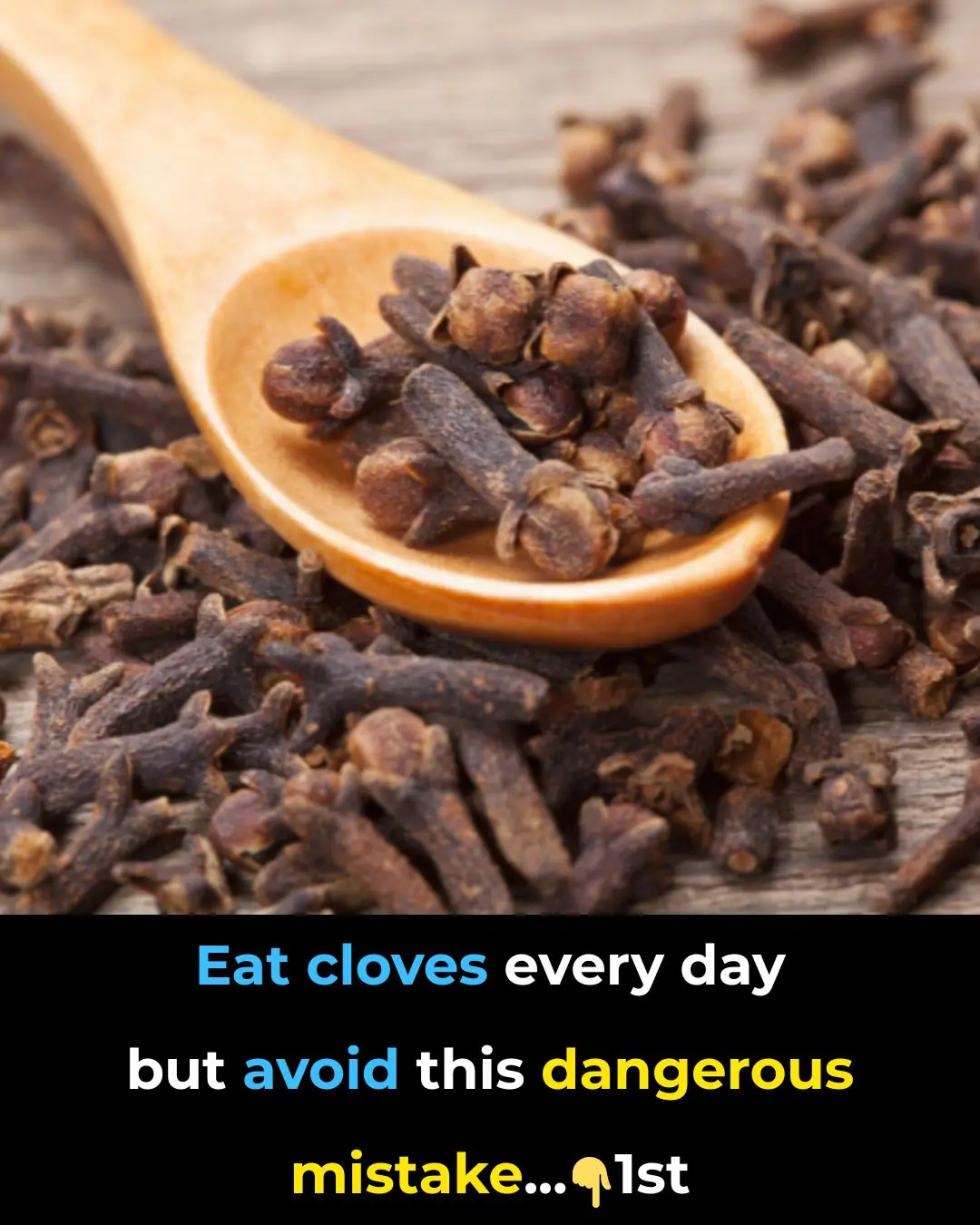
Eat cloves every day, but avoid this common mistake!
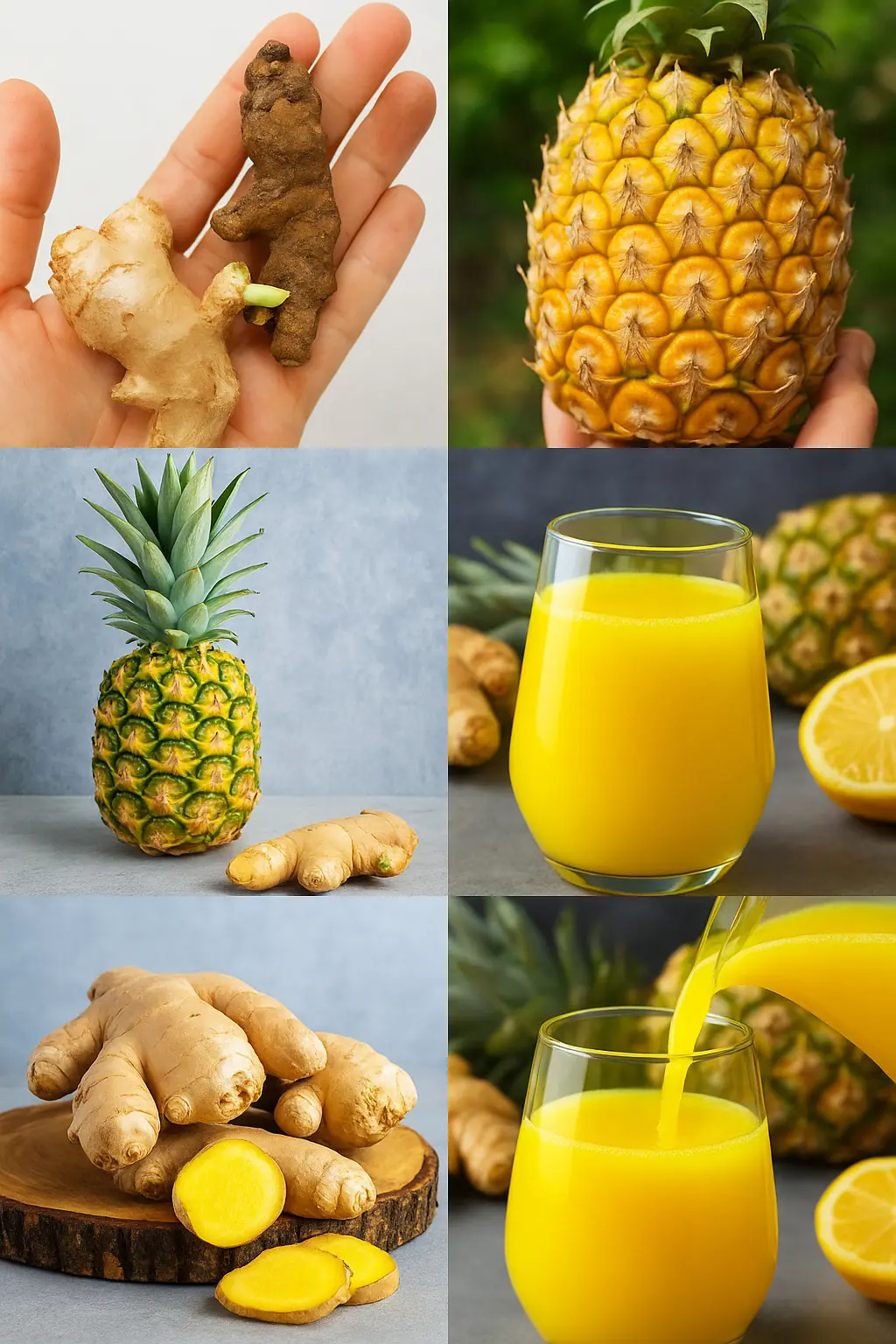
Powerful Natural Blend for Men Over 40: Restore Strength and Vitality Naturally
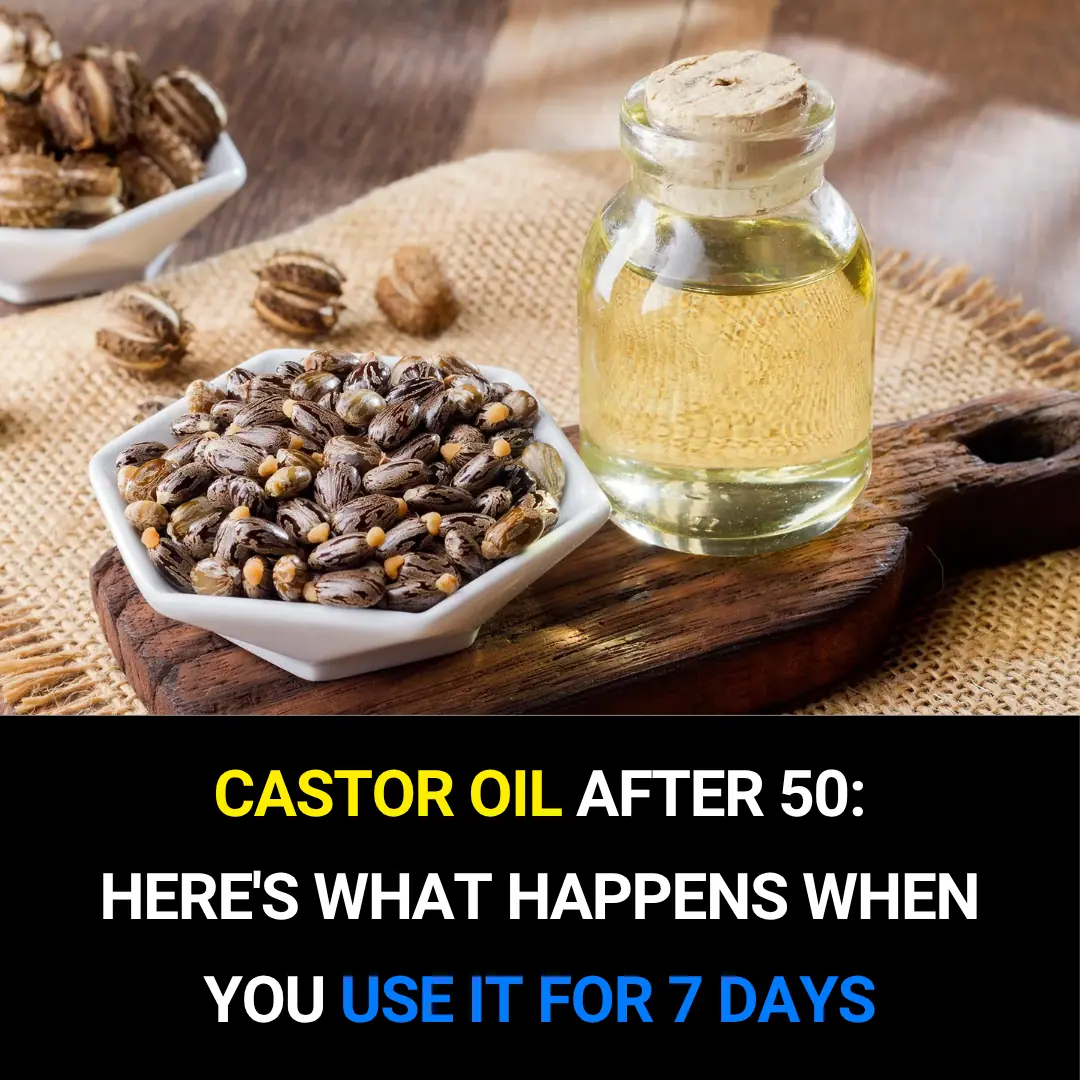
Castor Oil After 50: Here’s What Happens After 7 Days of Use! 🌿✨

Unlock the Secret Benefits of Olive Oil 🌿✨
News Post

Nine Year Study Finally Explains The Relationship Between Sugar And Cancer
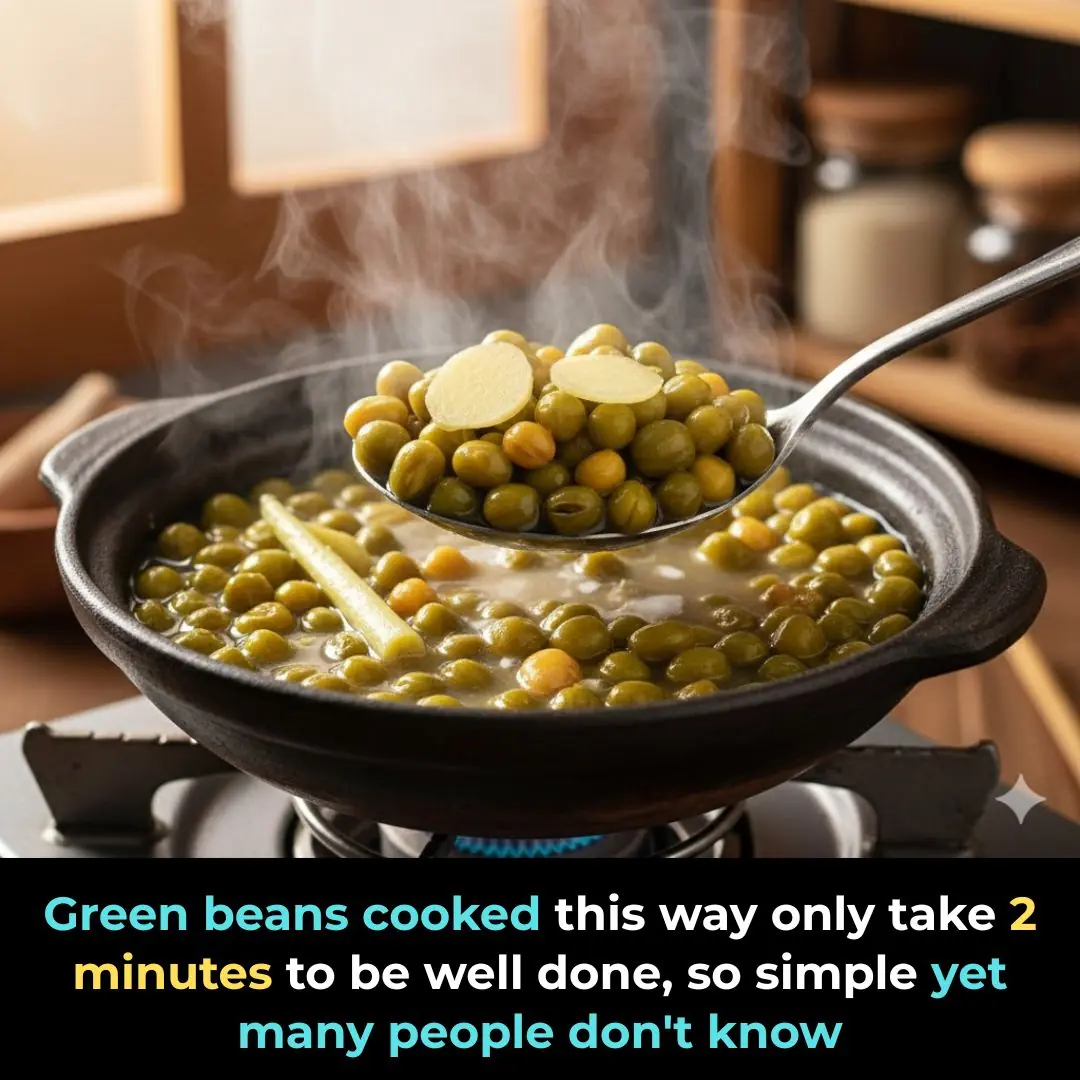
Green beans cooked this way only take 2 minutes to be well done, so simple yet many people don't know
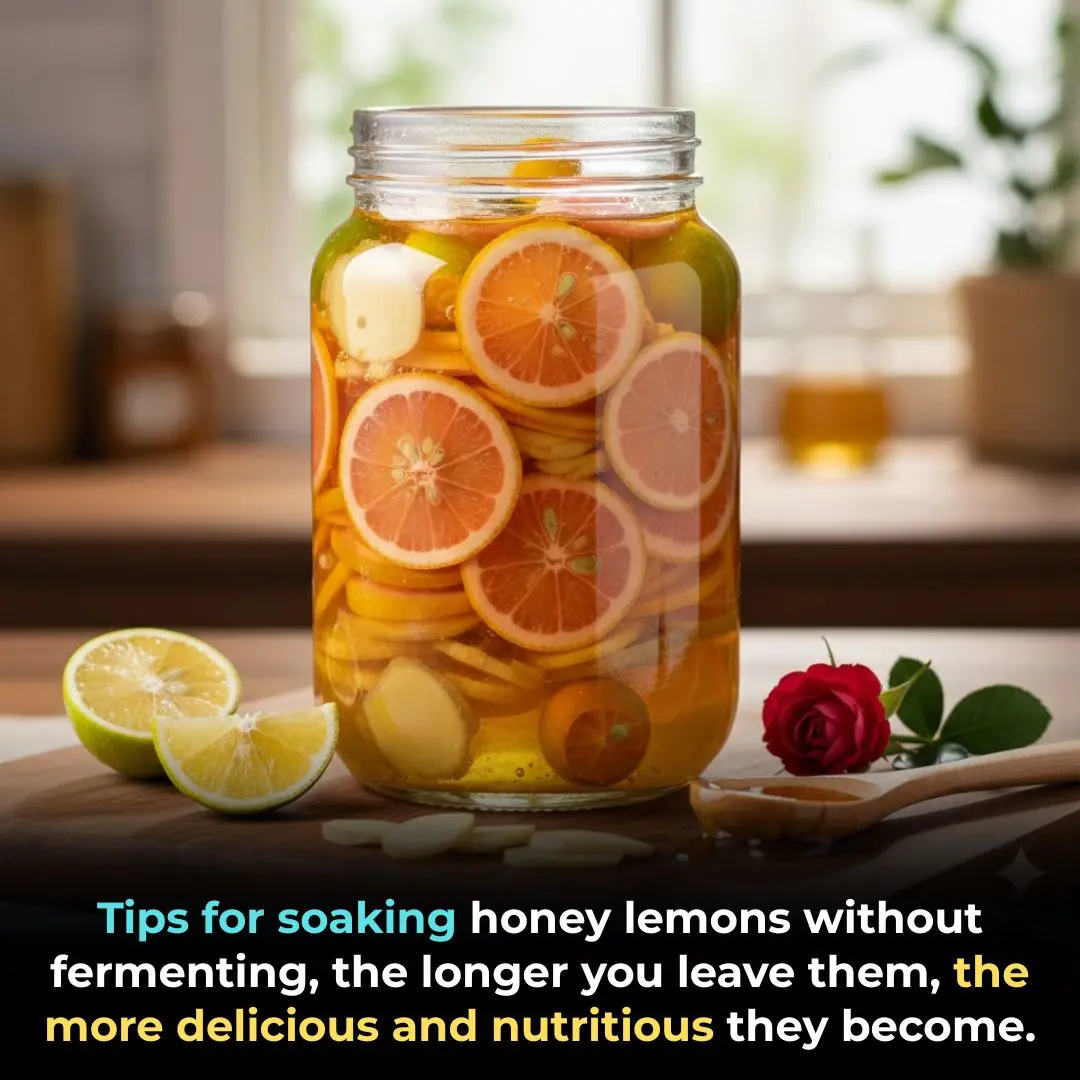
Tips for soaking honey lemons without fermenting, the longer you leave them, the more delicious and nutritious they become.

Jaw-dropping new Trump approval ratings shows what Americans really thinks of him
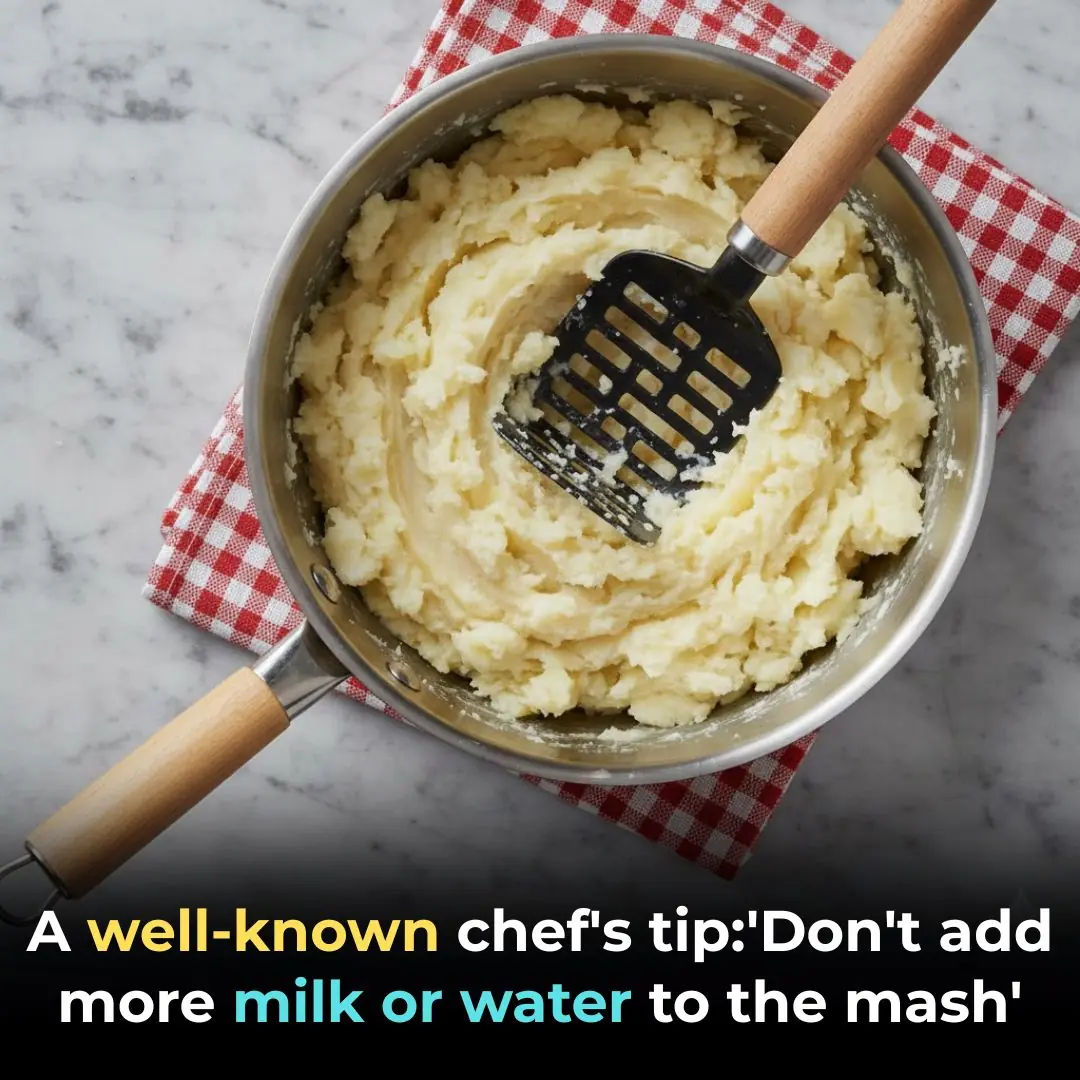
Secret to Creamy Gourmet Mashed Potatoes

7 essential vitamins every diabetic needs for nerve health

Christina Applegate makes rare comments about late boyfriend’s fatal drug overdose: ‘I tried everything

Strictly star Harry Aikines-Aryeetey reveals ‘out of body experience’ as he addresses ‘mistake’

Strictly star George Clarke opens up on ‘scary’ paparazzi incident with famous girlfriend: ‘Why is this relevant?’

Traitors star calls out Joe Marler’s ‘rule break’ in show finale: ‘It’s not really within the rules to do that’

Your oven hood filter is a greasy mess. Effortlessly get it clean like new again

🧠 A Neurosurgeon Says Your Legs Could Predict Dementia Years Before Memory Loss

7 Best Foods to Rebuild Your Muscle Strength After 50

The B Vitamin Solution: How to Lower Blood Pressure When Medications Fail

The #1 Habit That’s Quietly Destroying Muscle in Older Adults — Are You Guilty of This?

The secret to longevity after 50: 'Golden' foods for good health

‘Pause That Lil Interview’: Carmelo Anthony’s Behavior During Son Kiyan’s Postgame Session Has Fans Calling Out His ‘Drunk Dad’ Energy

Hannah Ferguson Is The Proud Owner Of The First Black Woman-Owned Cidery In Ohio

Here’s Why We Should Talk About Aunt Polly Jackson More Often
